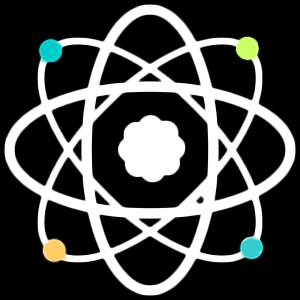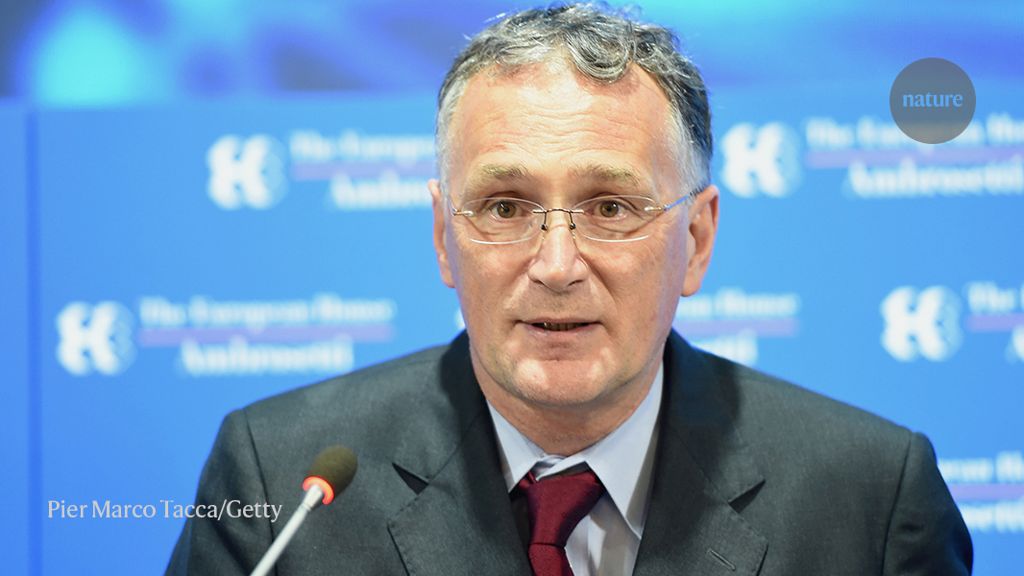The president of Europe’s most prestigious funding agency has resigned suddenly after only three months in the post — prompting fiery accusations from the organization’s governing body that he largely neglected his responsibilities.
Mauro Ferrari, a US-based Italian nanobiologist, stepped down as chief of the European Research Council (ERC) on 7 April. In a statement to the Financial Times the same day, he said he was resigning because the European Union had not coordinated an appropriate response to the COVID-19 crisis, and in particular because the ERC had rejected a proposal he had made to create a programme directed at combating the coronavirus.
But, in an unusually strong statement, the ERC’s 19-member governing body accuses Ferrari of failing to engage with ERC during his tenure. “We regret Professor Ferrari’s statement, which is at best economical with the truth,” members of ERC Science Council wrote in the statement on 8 April. It said it had called for his resignation in a unanimous decision on 27 March.
The council said Ferrari — who became president in January — had “displayed a complete lack of appreciation for the raison d’etre of the ERC and did not understand the context of the ERC within the EU’s research and innovation programme, Horizon 2020”. He also failed to participate in important meetings, spent extensive time in the United States and on other projects, and used his position to promote his own ideas in the European Commission, the council says. Ferrari did not respond to Nature’s request for comment.
The council adds that it could not support Ferrari’s proposal for a coronavirus-focused initiative because the ERC does not make calls for specific research topics; it notes that more than 50 ERC projects, worth about €100 million, are already contributing to the COVID-19 pandemic response.
Core responsibilities
The ERC is considered Europe’s most prestigious funder of basic research and distributes an annual budget of around €2.2 billion mostly in large grants to individual scientists. Its president serves a maximum of two 4-year terms, and chairs the Science Council, which defines the council’s funding strategy and grant-evaluation methods and represents the scientific community in Europe in promoting frontline research.
Presidents are contractually allowed to spend a small portion of their time pursuing their own scientific work, but critics of Ferrari say that he did not perform the core responsibilities of the role.
Ferrari’s frequent absences and involvement with many different enterprises was a problem, says Helga Nowotny, a former ERC president who was part of the search committee that shortlisted Ferrari for the post. She notes that he maintained a position on the board of Arrowhead Pharmaceuticals in Pasadena, California, and accepted a new position as affiliate professor at the University of Washington, Seattle, in December, one month before starting at the ERC.
Coronavirus response
Christian Ehler, a member of the European Parliament who coordinates its industry, research and energy committee, told Nature that Ferrari did not engage with the political scene in the European Union, including the important discussions launched last month to design a coordinated European response to the coronavirus crisis.
Ehler says stakeholders in the EU’s political bodies were aware of rising internal tensions between Ferrari and the Science Council, but the ERC’s independence meant that politicians and the Commission chose not to comment or intervene. “But to accuse the whole Commission of not doing anything for corona is simply not true,” he says. In a written statement on 7 April, Ehler said that Ferrari’s proposal to launch a coronavirus programme “was seen more as a window-dressing public relations stand on the coronavirus crisis”.
The announcement of Ferrari’s appointment last May was a surprise to many scientists because he had spent his career in the United States and was not well known in the European scientific community.
The European Commission is convening a search committee to select a new ERC president, and says that one of the ERC’s three vice-presidents will take on the role until an appointment is made. The European Commission selects the ERC president from a short list of three candidates drawn up by a high-level search committee appointed by the research commissioner. It takes into account the opinion of the ERC Scientific Council, which conducts hearings on the shortlist.


